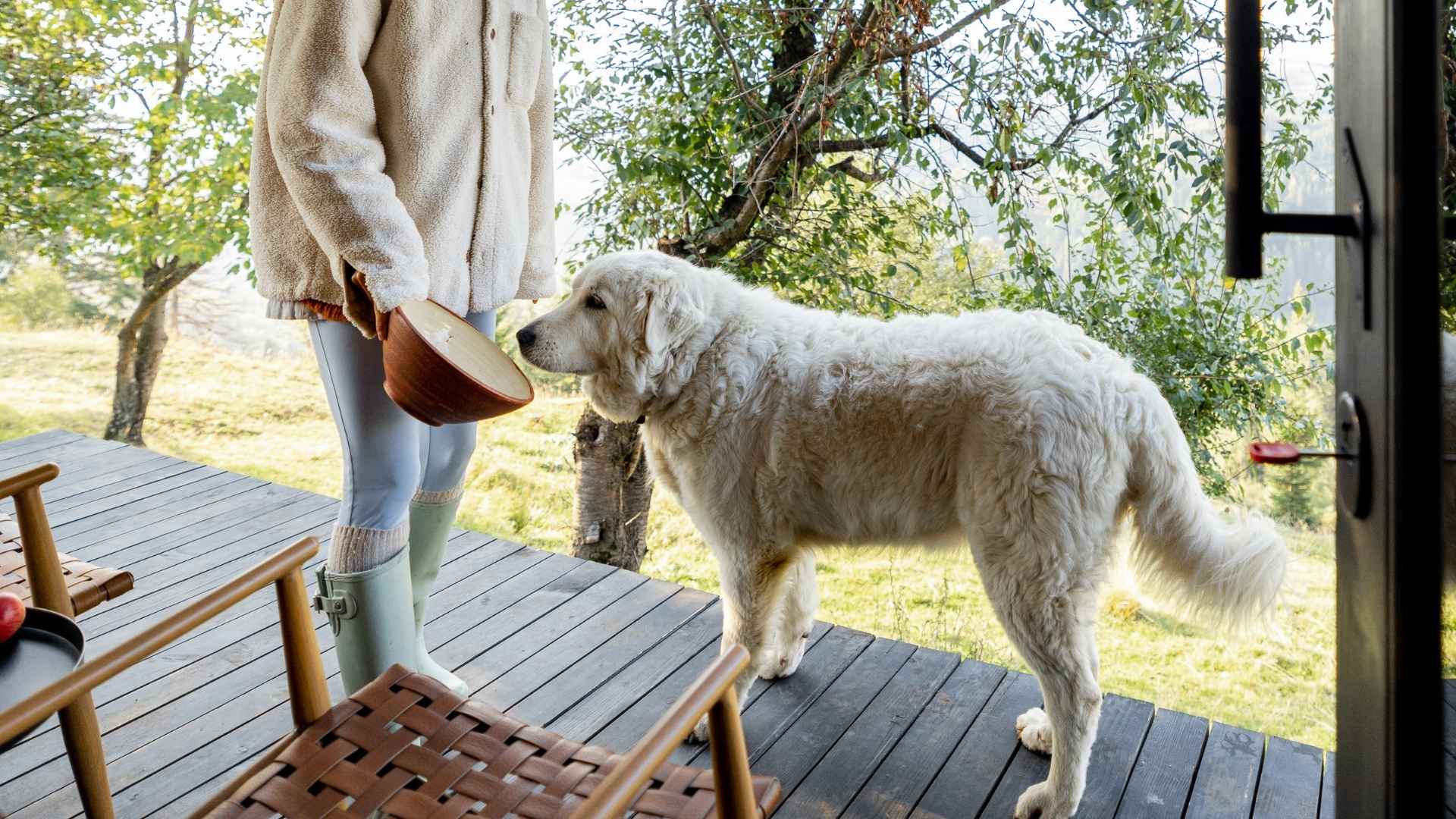Some dogs don’t need commands. They don’t need crowds, crates, or leashes. What they need is space, trees, and the kind of silence you only find far from pavement.
These dogs are made for off-grid life. They’re not restless in quiet—they thrive in it. While many people look for dogs that fit into city parks or fenced backyards, others are searching for companions who feel natural beside a fire pit in the woods.
Not all breeds are suited for this kind of freedom. The ones that are? They’re confident, grounded, and don’t need constant direction. They know how to roam and return. They know when to listen, when to rest, and when to move.
If your idea of peace includes pine needles, early sunrises, and complete quiet, your dog should love that too. In this article, we’ll introduce you to the dog breeds that truly belong in off-grid cabins.
Dog Breeds That Love Off-Grid Cabins
1. Australian Cattle Dog
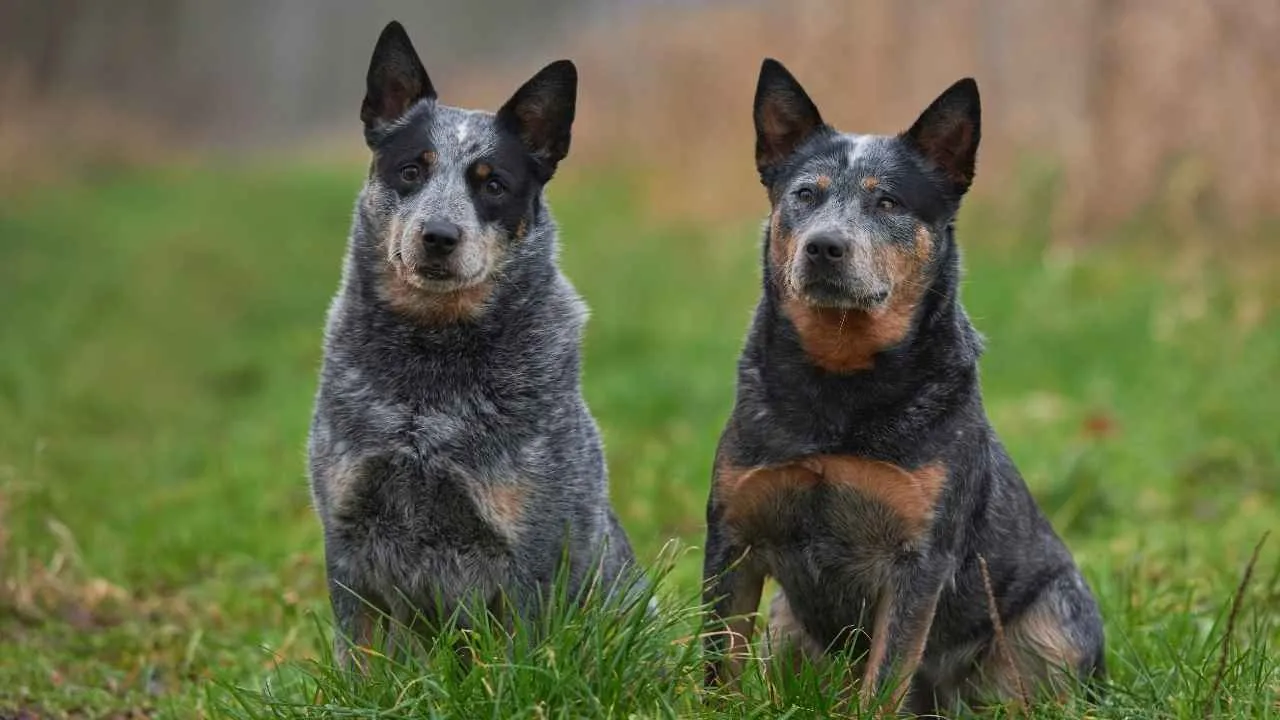
Bred for controlling tough livestock across vast Australian terrain, this breed thrives on hard work. Their alertness and efficient movement patterns make them highly reliable in wide, open spaces. Tasks like patrolling the property or tracking routes feel natural to them.
Comfortable in Remote, Low-Stim Environments
Australian Cattle Dogs are independent thinkers, able to assess and act without constant supervision. They don’t rely heavily on routine attention or crowded stimulation. That makes them a strong fit for people who enjoy quiet, off-the-grid lifestyles.
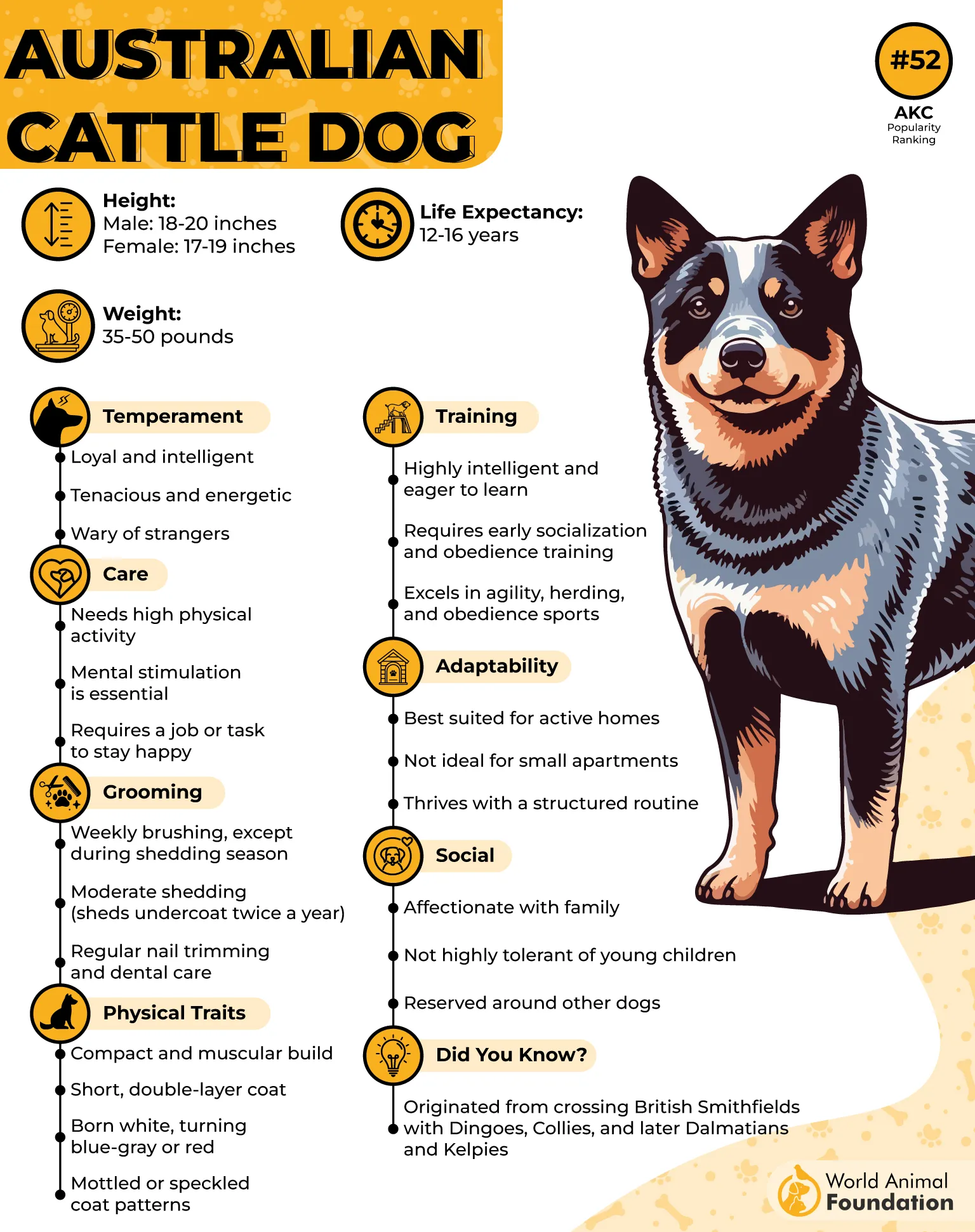
Low-Fuss Coat and Adaptable Build
With a double coat, short dense undercoat, and lean muscle mass, they handle changing climates well, as PetMD claims. Their body needs regular movement but minimal grooming, ideal for rustic setups. This allows for more time outdoors and fewer high-maintenance care routines.
Naturally Alert and Territory-Aware
Australian Cattle Dogs are known to remember specific locations, paths, and even the placement of objects around them. This makes them excellent for navigating trails, guarding equipment, or circling back to cabins. Their sharp environmental awareness supports off-grid living in real ways.
2. Belgian Malinois
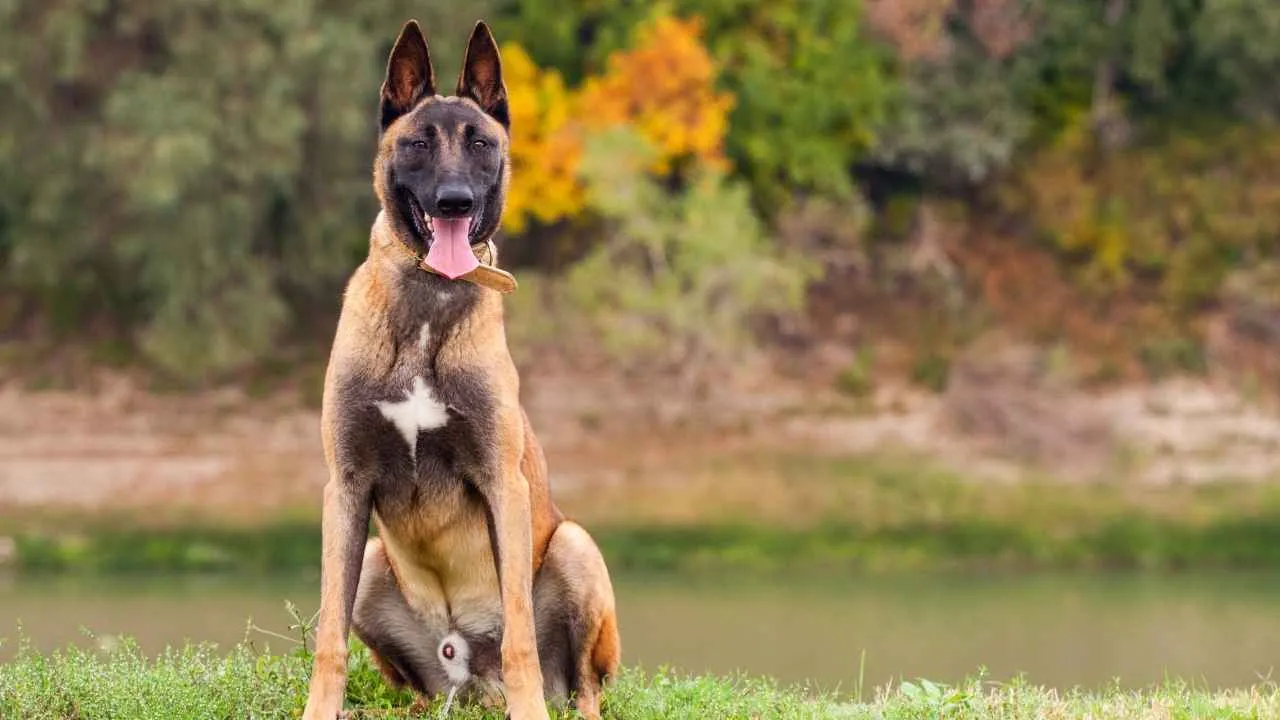
Belgian Malinois have a tightly muscled frame and are built for endurance across rough terrain. Their strong work ethic allows them to engage in complex tasks with unmatched focus. From property patrols to scent work, they can stay active without losing purpose.
Confidence in Solitary Settings
They’re intensely self-assured and comfortable in remote areas that lack constant human interaction. Once bonded with their handler, they naturally patrol boundaries and detect changes in their environment. This makes them useful in managing land or guarding off-grid setups.
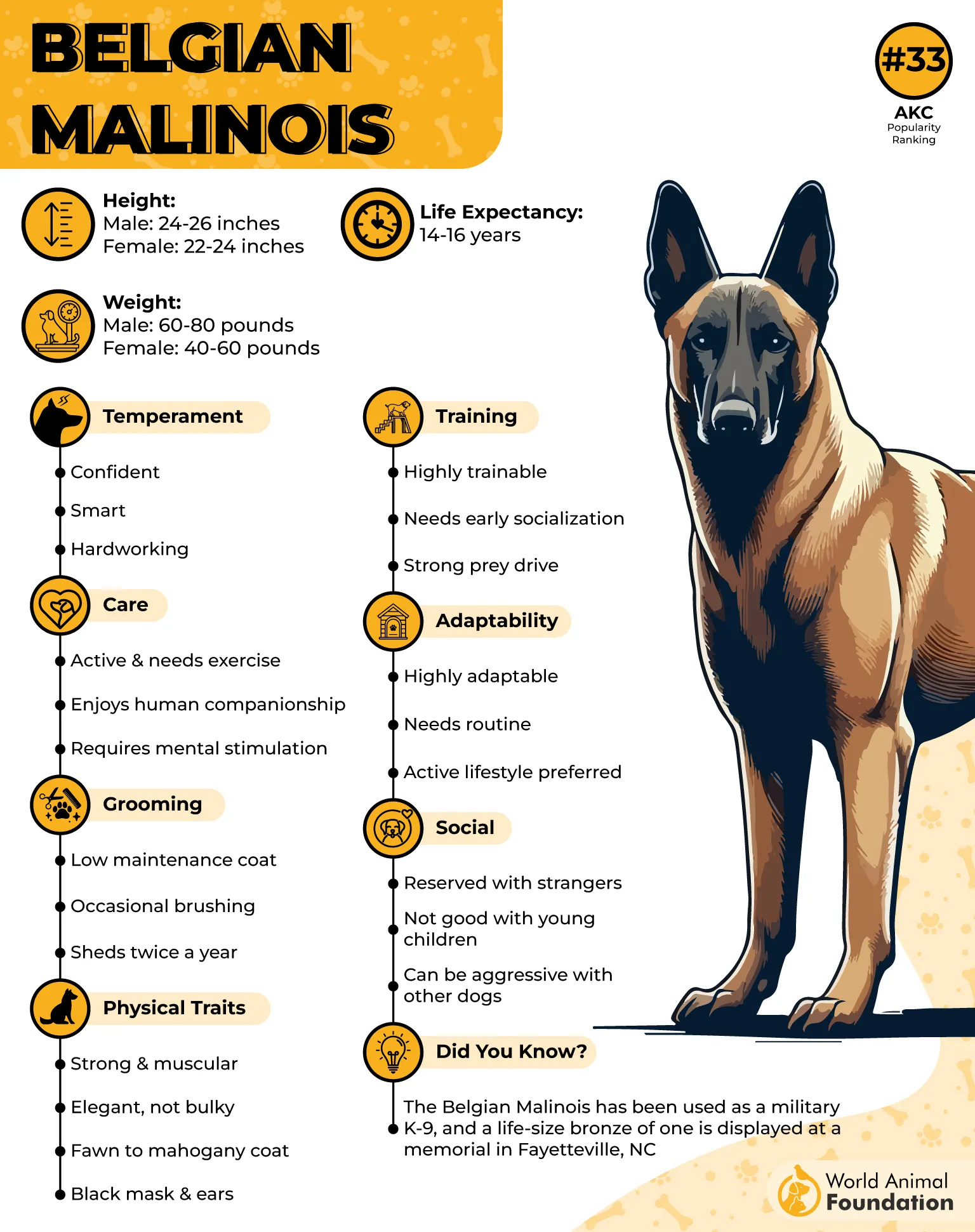
Cognitive Agility and Speed
Known for their quick learning ability, they easily adapt to new routines and tasks. Whether it’s responding to silent cues or recalling mapped-out spaces, they retain information with consistency. That mental sharpness sets them apart from many other large-breed dogs.
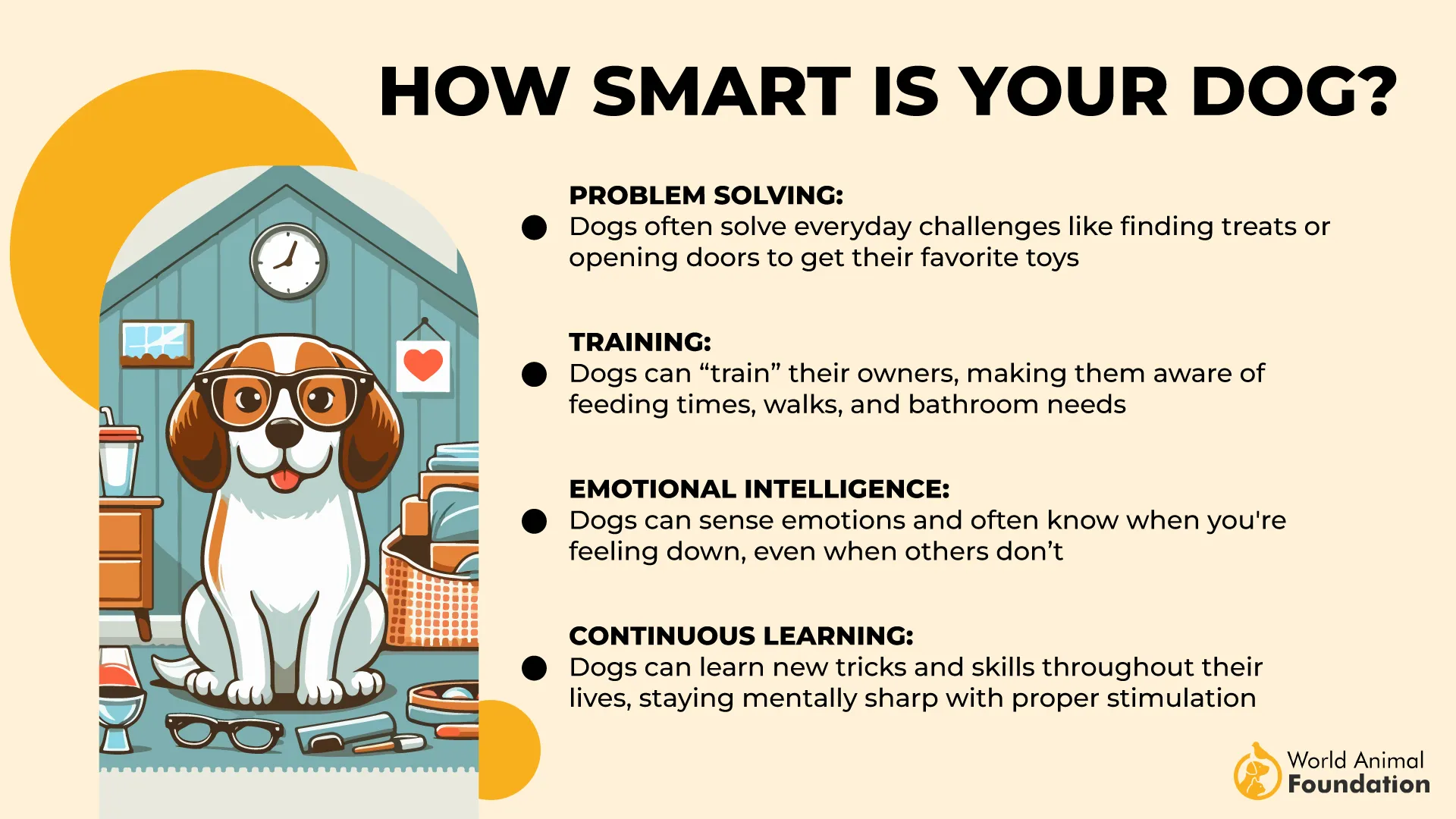
Genetic Consistency in Appearance
Their square-shaped body, upright stance, and black mask have been preserved without exaggeration. This contributes to their reliability as great companions for an off-grid lifestyle.
3. Border Collie
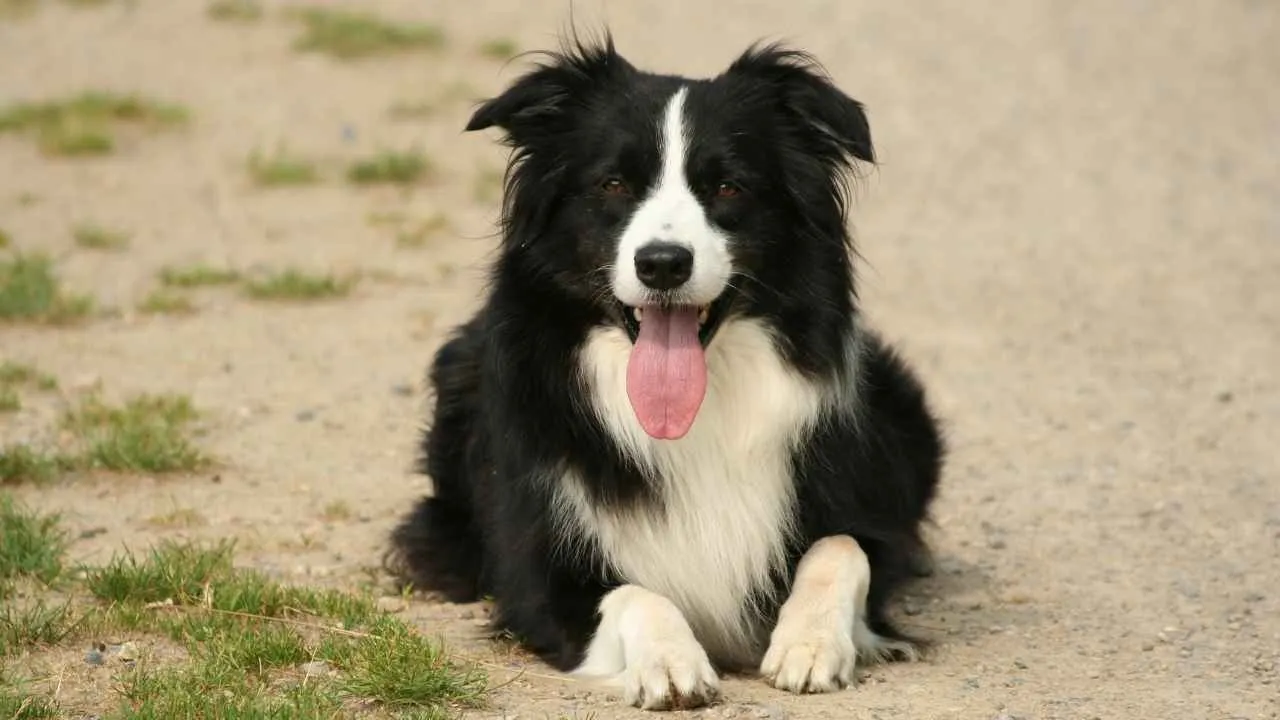
Border Collies are known for their ability to read landscapes and make fast decisions without instruction. This stems from their long history of managing livestock across fields and uneven ground. In wooded or rural setups, they adapt quickly to unfamiliar terrain.
Work Ethic That Matches Off-Grid Needs
Their brain craves purpose — tasks like alerting to movement, retrieving, or assisting with trail-following fit naturally. They don’t require constant instruction when raised with clear expectations. These traits help them stay engaged even in isolated environments.
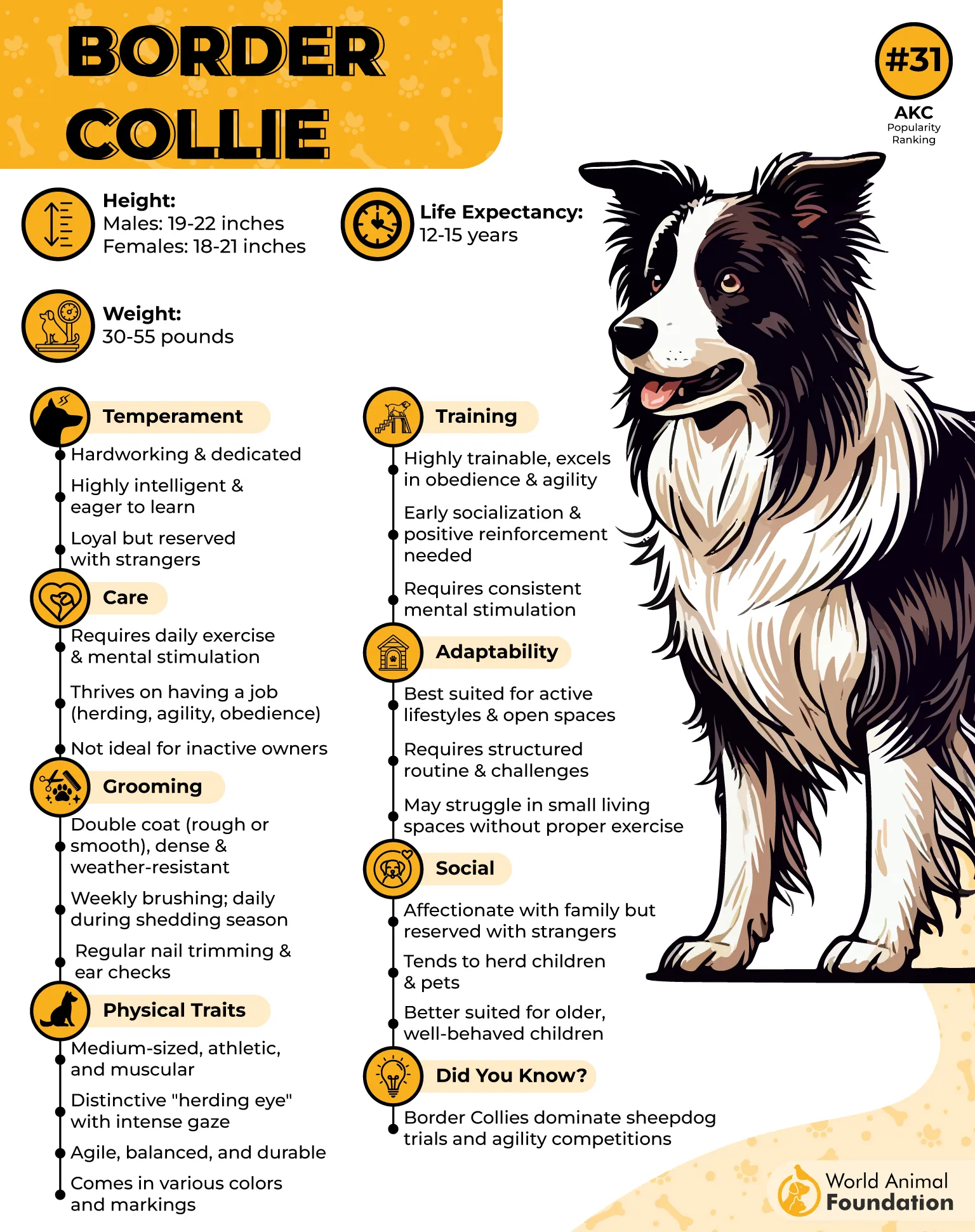
Weather-Ready and Low-Maintenance Coat
Their double-layered coat handles both damp and dry climates well, provided basic care is maintained. It naturally resists dirt and debris, helpful when daily grooming isn’t always practical. Their medium build also suits longer treks across outdoor paths.
Recognized for Their Mental Sharpness
One Border Collie named Chaser could identify over 1,000 different objects by name — a reflection of the breed’s unmatched retention and problem-solving. That mental agility allows them to bond deeply with humans, making them excellent companions off-grid.
4. Great Pyrenees
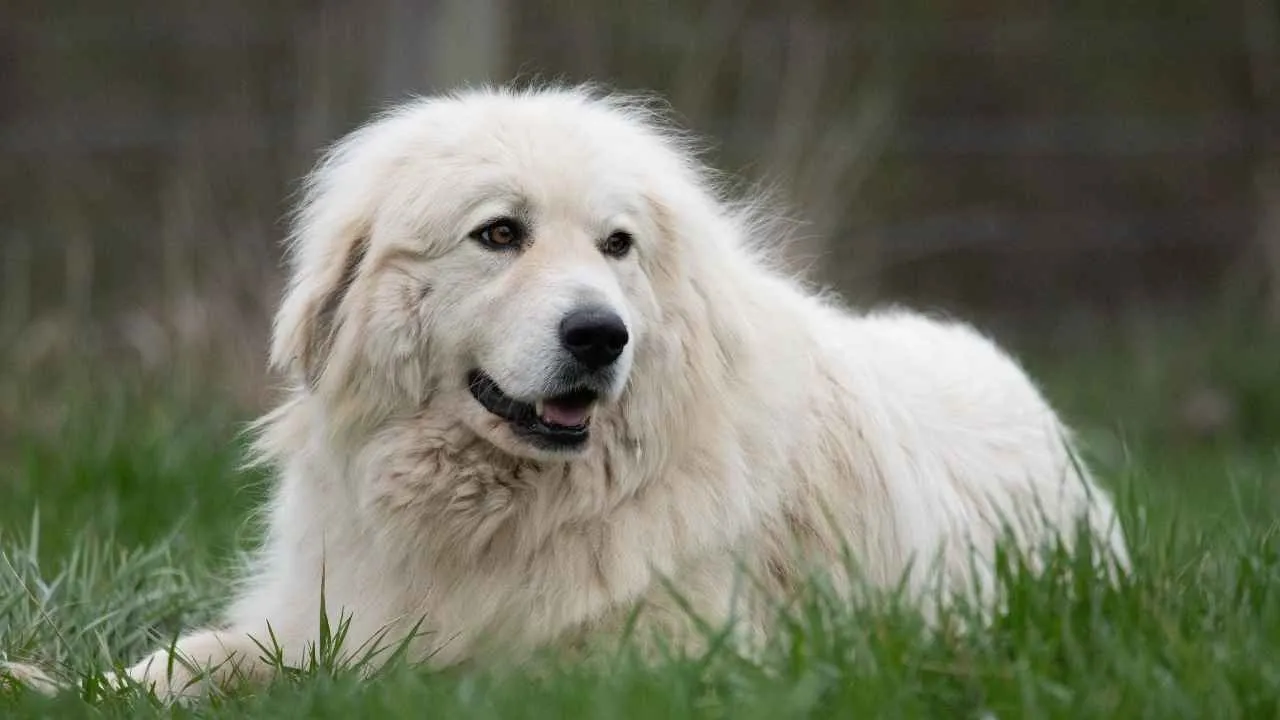
This breed was developed to guard livestock across rugged mountain ranges with no human supervision. Even today, they patrol large open properties as if it’s second nature. Their ability to stay alert without needing constant direction fits remote spaces well.
Independent But Inherently Loyal
Great Pyrenees bond with their people in a calm, deeply rooted way. While they aren’t overly expressive, they are unmistakably loyal and attentive when it matters. This makes them reliable in isolated areas, especially where space separates family members.
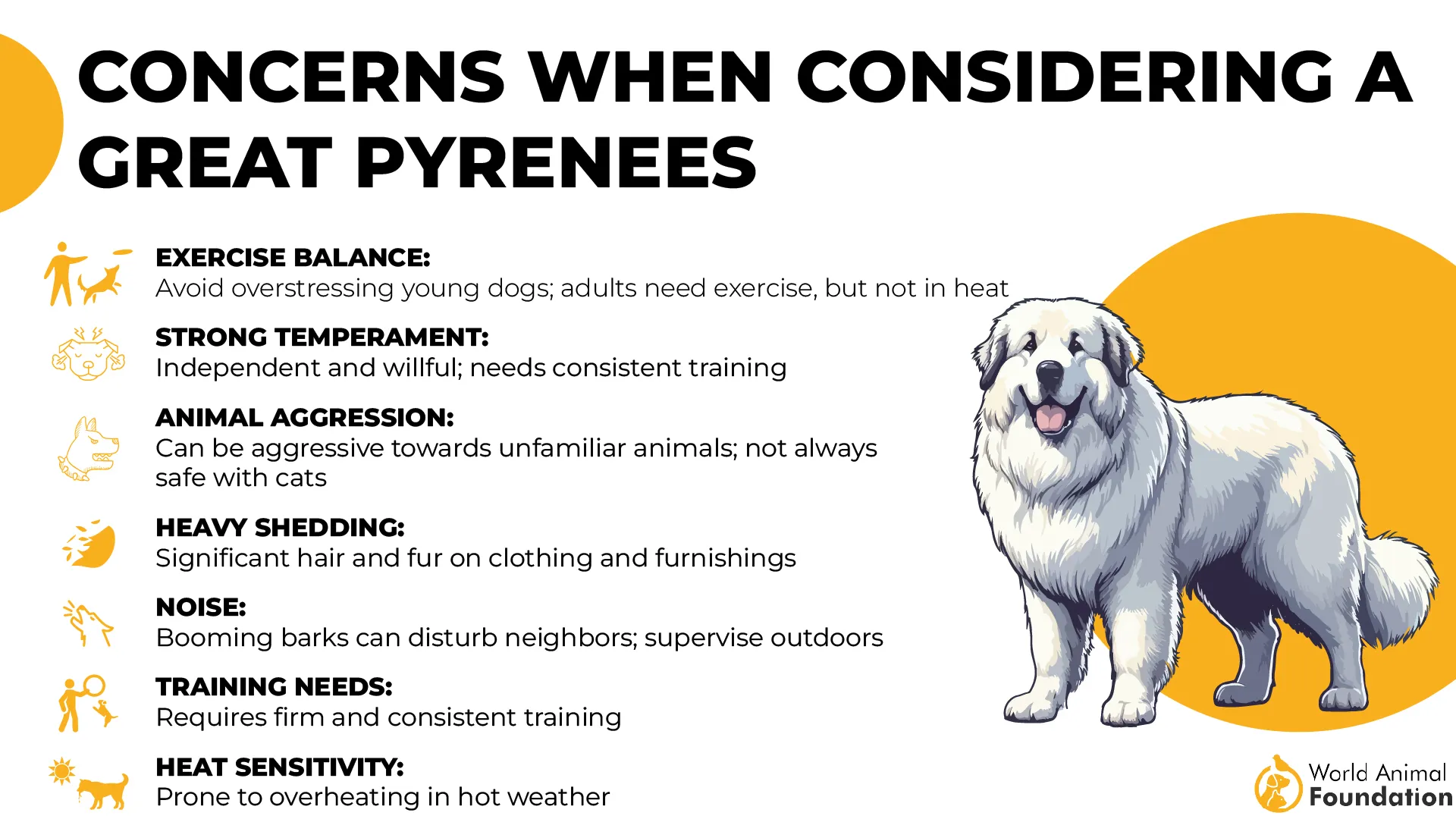
Well-Adapted to Cold, Uneven Terrain
Their thick double coat and heavy build were shaped for alpine conditions and rocky paths. They manage snow, dirt, and uneven ground without hesitation. This sturdy design keeps them comfortable in colder off-grid cabins year-round.
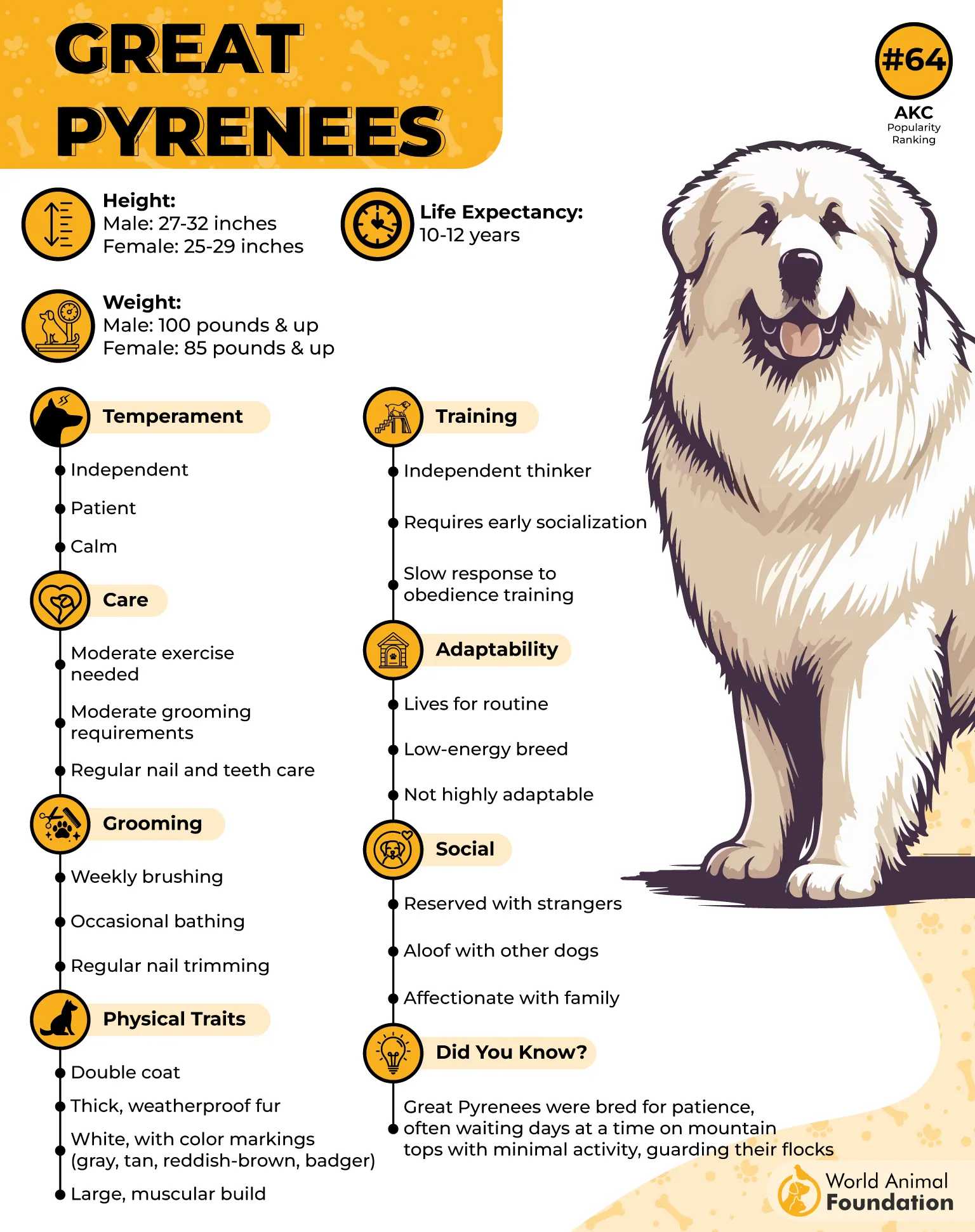
Ancestry Traced Back Thousands of Years
Fossils suggest dogs resembling the Great Pyrenees existed as far back as 1,000 B.C. in the Pyrenees Mountains, as highlighted by the Hills Pet. Their ancient origins speak to their endurance and purpose-driven temperament — a combination that still makes them an excellent choice for secluded living.
5. Labrador Retriever
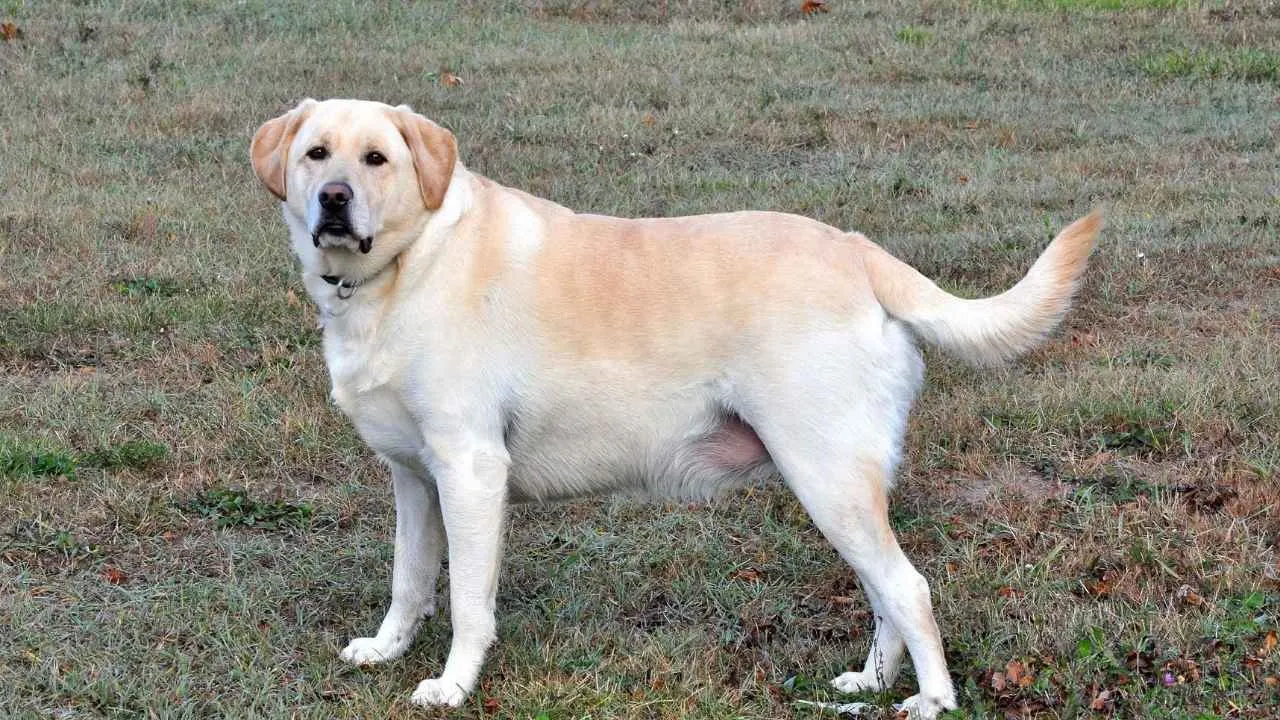
Labradors are known for their emotional steadiness, which helps them adjust easily to quiet environments. Their patient disposition allows them to coexist calmly in slower-paced off-grid routines. This emotional balance makes them easy to manage in isolated settings.
Strong, Weather-Tolerant Build
With a dense, water-resistant double coat, Labradors are naturally equipped to handle both cold and mild climates. Their webbed feet offer better traction on muddy or uneven trails. These traits help them thrive in the varied terrain of off-grid spaces.
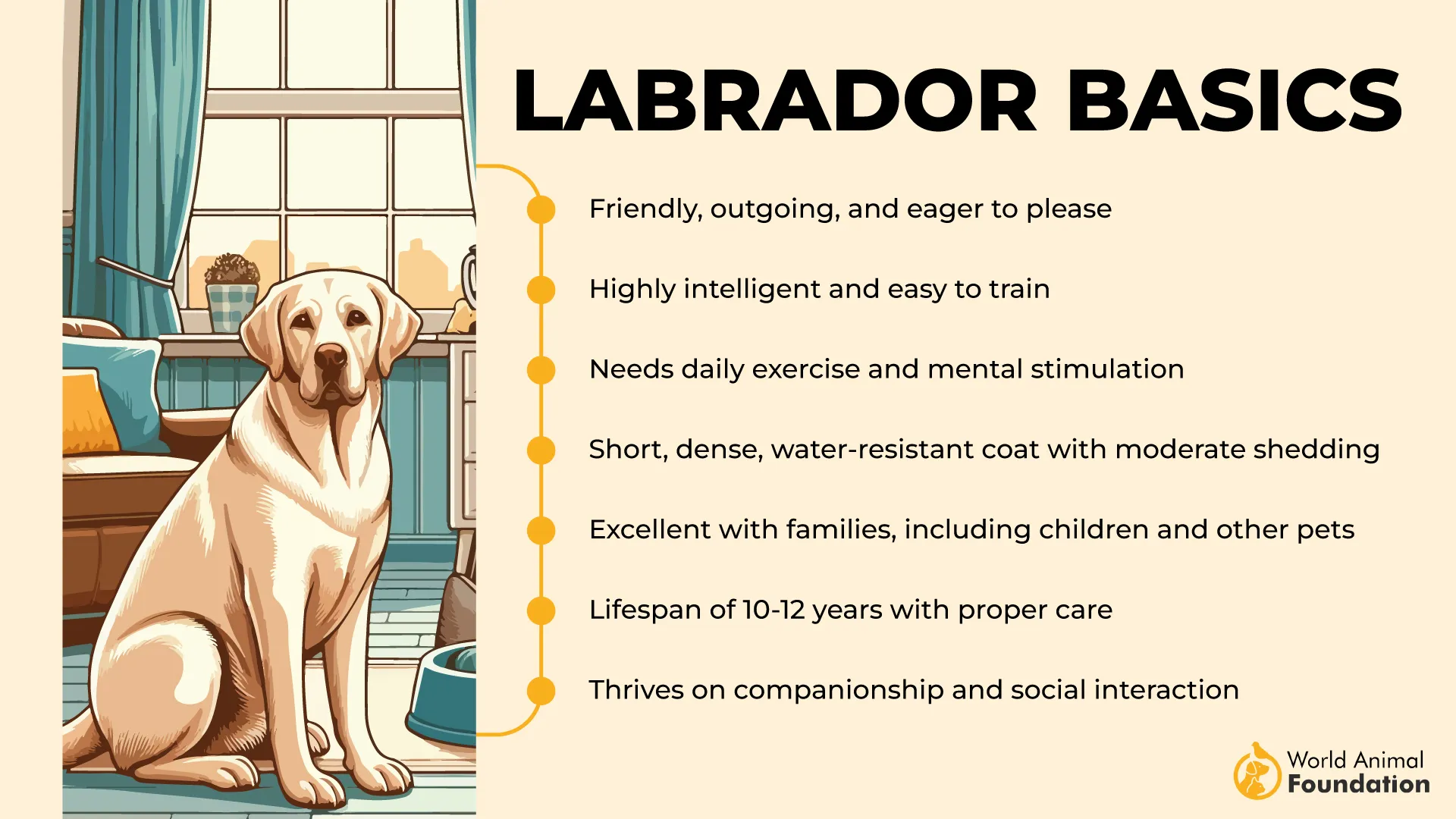
High Memory Retention and Directional Awareness
Labs are capable of recalling familiar routes and specific command patterns over time. This makes them valuable in cabin areas with repetitive outdoor paths or forest boundaries. Their retrieval instinct adds a functional edge in natural surroundings.
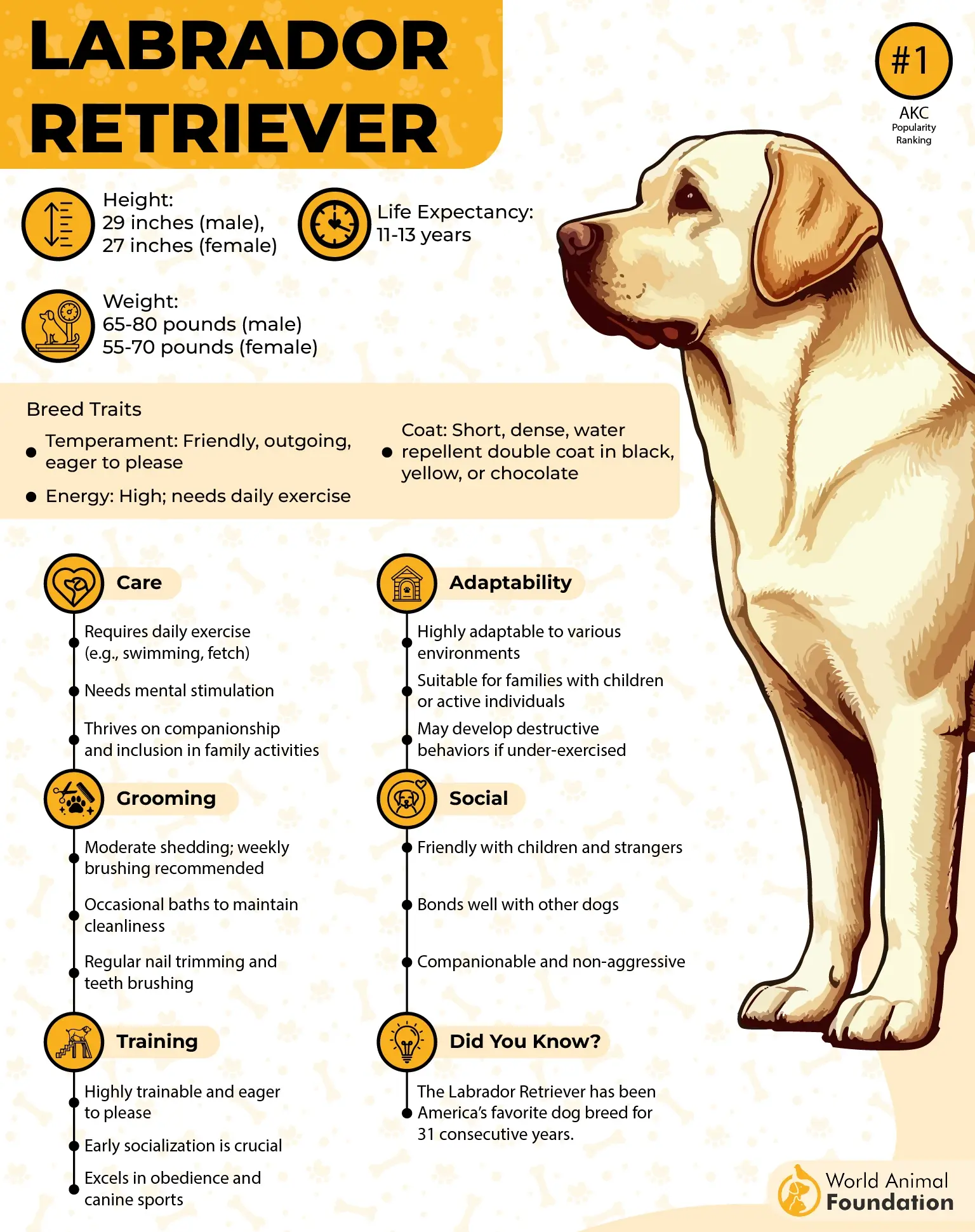
Origin Built Around Utility and Reliability
Labrador Retrievers were originally developed in Newfoundland to assist fishermen with hauling nets and retrieving fish, as per the AKC. Their strong swimming ability and grip made them dependable working companions. These roots contribute to their adaptable nature, even in remote cabin settings.
6. Akita

The Akita’s sturdy frame and dense coat allow it to remain comfortable in colder, high-altitude locations. Its quiet strength and minimal barking tendencies make it a peaceful presence in isolated cabins. These dogs do best with space and firm guidance from an experienced owner.
Independent and Environmentally Attuned
Akitas naturally assess their surroundings and tend to form strong territorial bonds. They’re not easily startled by silence or changes in routine, which fits well with remote, stable living. Their instinctive guarding behavior requires little prompting to activate.
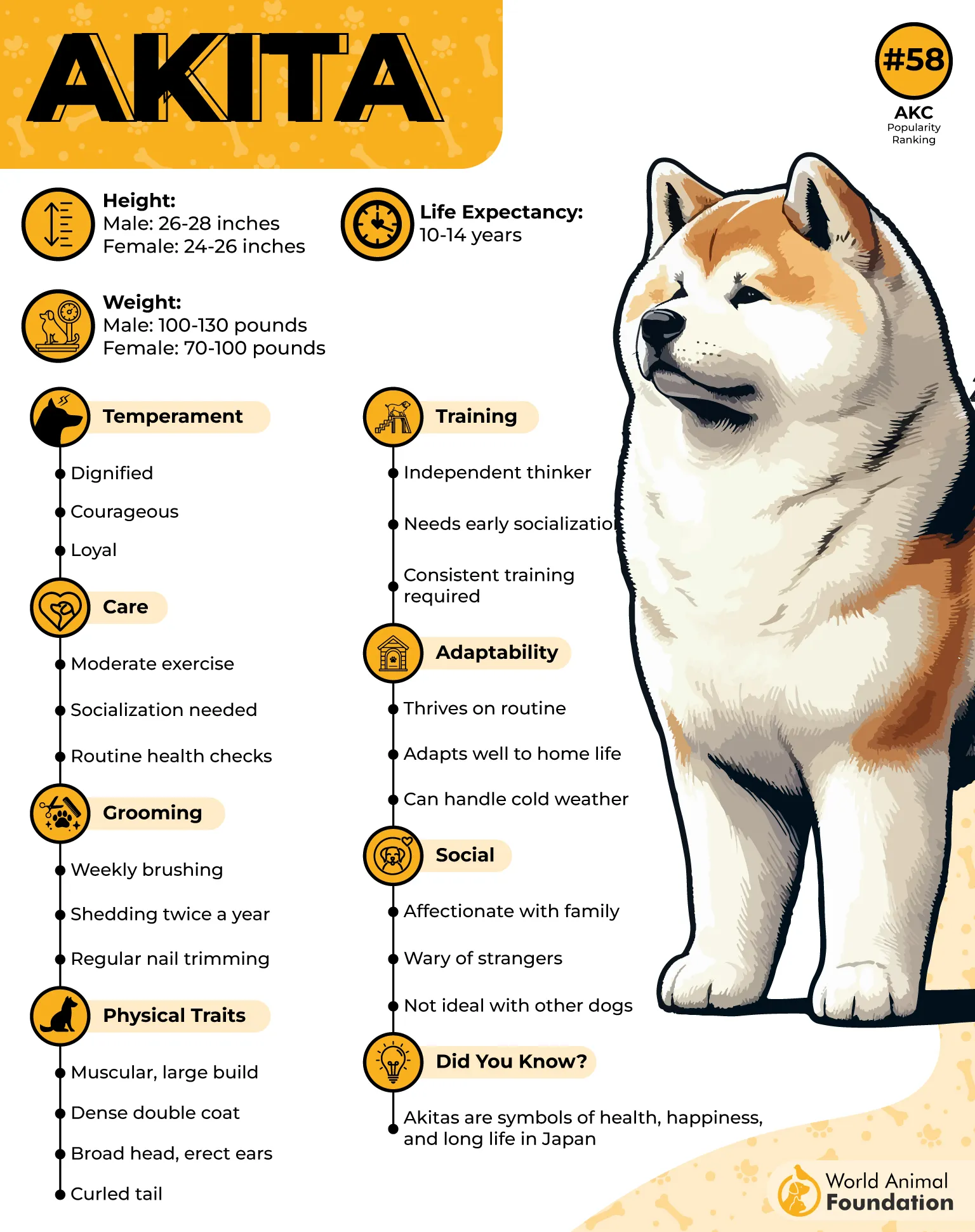
Minimal Maintenance, High Adaptability
Their thick double coat sheds seasonally but doesn’t require constant grooming outside those periods. Akitas handle structured alone time well and don’t demand constant interaction. These qualities support long days in open terrain or quiet hours indoors.
Rich History Tied to Loyalty
Originally bred in Japan’s mountainous Akita Prefecture, they were historically valued as protectors and hunting companions. They’re known to bond deeply with one person — a quality that’s especially valued when your furry friend is your primary company off the grid.
7. Alaskan Malamute
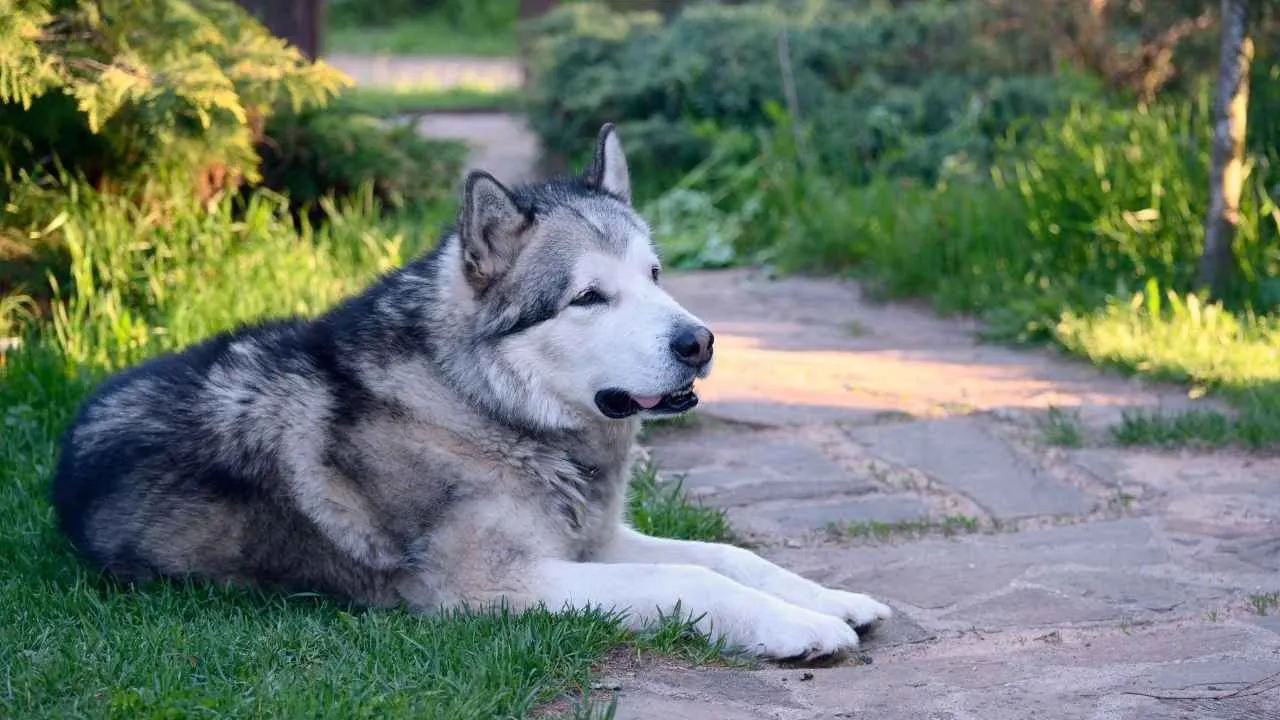
The Alaskan Malamute’s dense, weather-resistant double coat helps it tolerate freezing temperatures with ease. Its sturdy frame, wide chest, and large paws allow it to move smoothly across rough terrain. These features make them suited for remote cabins surrounded by snow or mud.
Endurance That Matches Remote Living
Originally bred to haul heavy sleds over long distances, Malamutes are built for stamina over speed. They’re capable of walking for miles and handling consistent daily activity. This makes them a practical companion for those living far from main roads or towns.
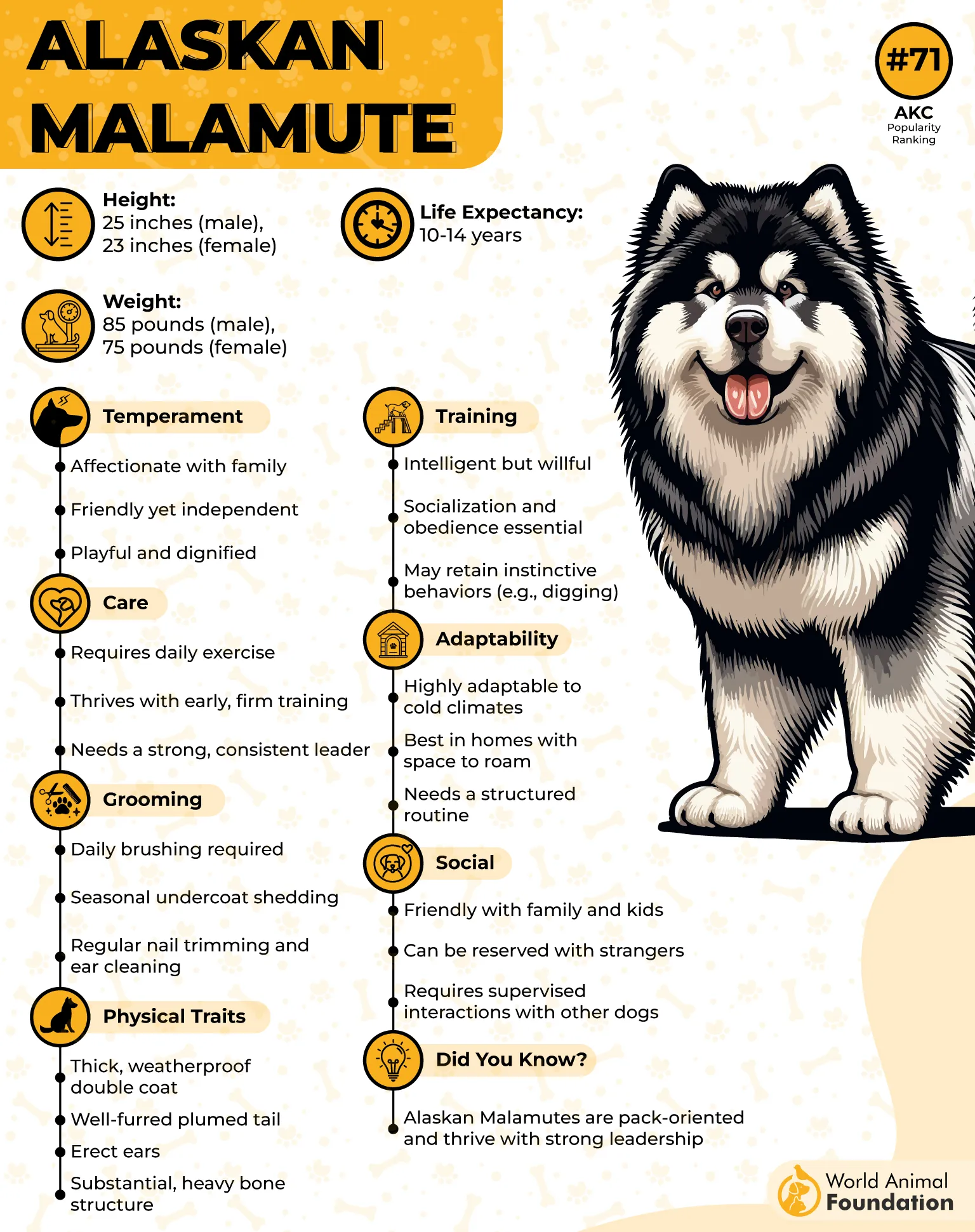
Self-Reliant but Connected to Their People
Though highly social with their human companions, they do well without constant direction or interaction. They’re known for their ability to stay aware of their surroundings and maintain calm alertness. Their independence aligns well with off-grid environments.
Breed Trait That Still Holds Today
The Alaskan Malamute was one of the few Arctic breeds selected for freighting, not racing, and that role remains reflected in its powerful gait. This working origin is a big reason why many still consider them among the best dog breed choices for rugged, remote lifestyles.
Conclusion
Off-grid living demands more than a love of silence—it calls for stamina, awareness, and trust. The breeds in this list aren’t just fit for that life; they flourish in it.
From those built to herd livestock to others skilled in hunting small game, each carries instincts that still serve a purpose. Their independent nature is grounded. They know how to stay close, even when they roam. And while they may not bark for attention, they’re always tuned in.
For anyone building a life beyond the noise, these dogs bring more than loyalty. They bring a quiet intelligence that elevates them from ordinary pets to true companions in the wild.


